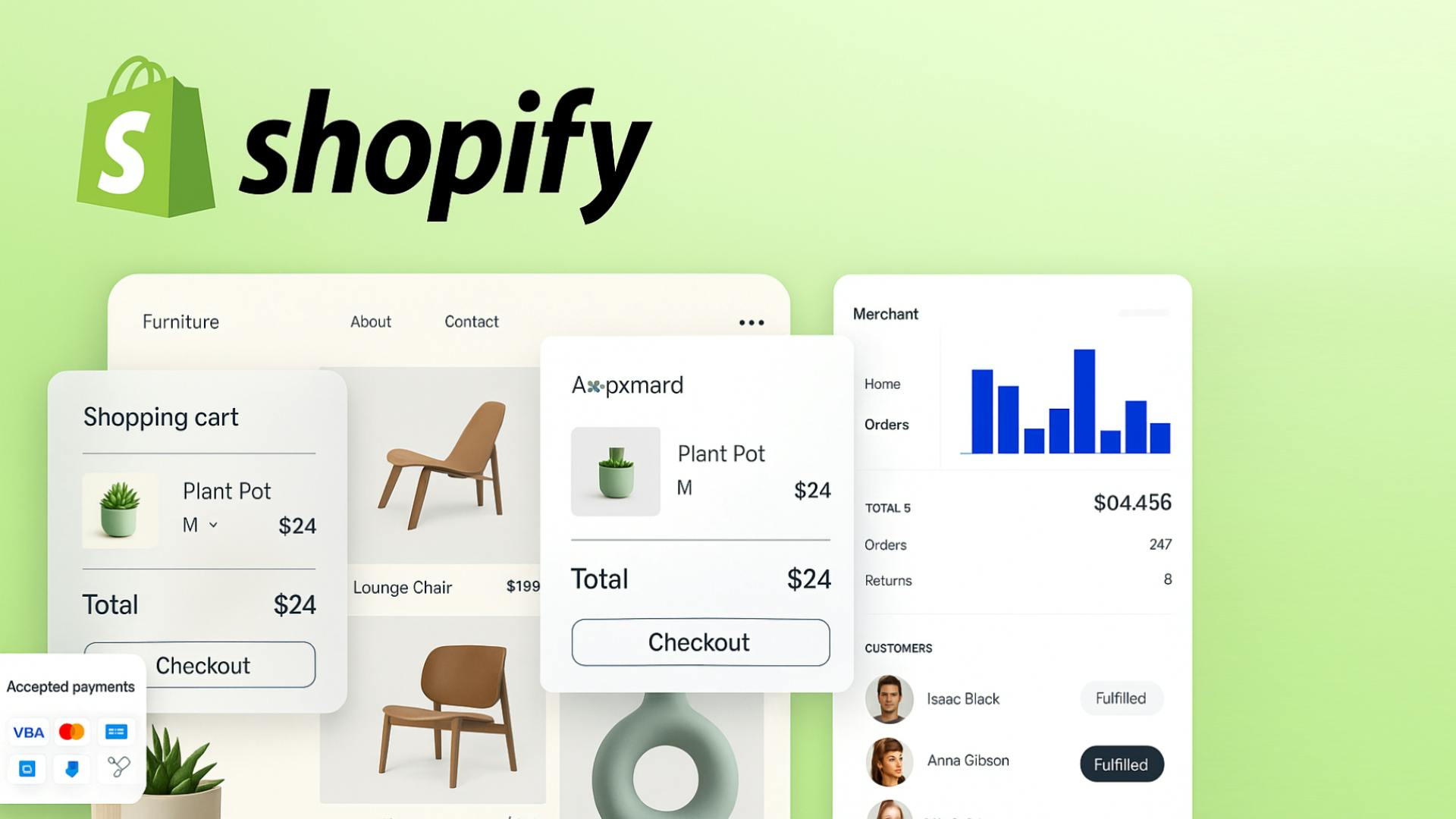Why Developers Are Choosing Shopify Over Laravel and WordPress for E-commerce


For developers familiar with Laravel, Django, Frappe, or WordPress, The HOLY Shopify offers a fundamentally different approach to building e-commerce experiences. Rather than constructing everything from scratch—database models, backend logic, admin panels.
Shopify delivers a fully managed, all-in-one e-commerce engine.
This allows you to focus on frontend customization (via Liquid) and unique integrations (through robust APIs), dramatically accelerating development while reducing operational overhead.
| Feature | Shopify | Laravel/ Django/ Frappe + WordPress E-commerce |
|---|---|---|
| Core Functionality | Fully managed e-commerce (inventory, orders, payments, shipping, etc.) | Requires custom development or extensive plugin configuration |
| Backend | Managed by Shopify; interact via APIs | Developer builds and maintains backend logic |
| Frontend | Templating with Liquid, full CSS/JS control | Free choice of frontend frameworks/libraries |
| Admin Panel / CMS | Purpose-built for managing e-commerce data | Must build custom admin or use CMS plugins |
| APIs | Rich, structured, and well-documented | APIs need to be custom-built |
| Hosting & Scaling | Fully managed infrastructure and global scaling | Developer handles hosting, scaling, and maintenance |
| Ecosystem | Extensive App Store for plug-and-play solutions | Reliant on third-party integrations or manual plugin setup |
In short: Shopify allows developers to bypass foundational e-commerce architecture and jump straight into what matters most—customization, user experience, and scaling value.

Preventing AI disasters in WSL! Learn how to configure Google Antigravity for Frappe & ERPNext projects to avoid 'sudo' errors and master your dev environment.

Step-by-step guide to installing Frappe 16 and ERPNext on Windows using WSL. Learn to set up Python 3.14, Node 24, and PostgreSQL for a next-gen dev environment.

The complete guide to running pgAdmin 4 Web in WSL. Learn how to install, configure, and connect to your PostgreSQL database directly from your Windows browser.